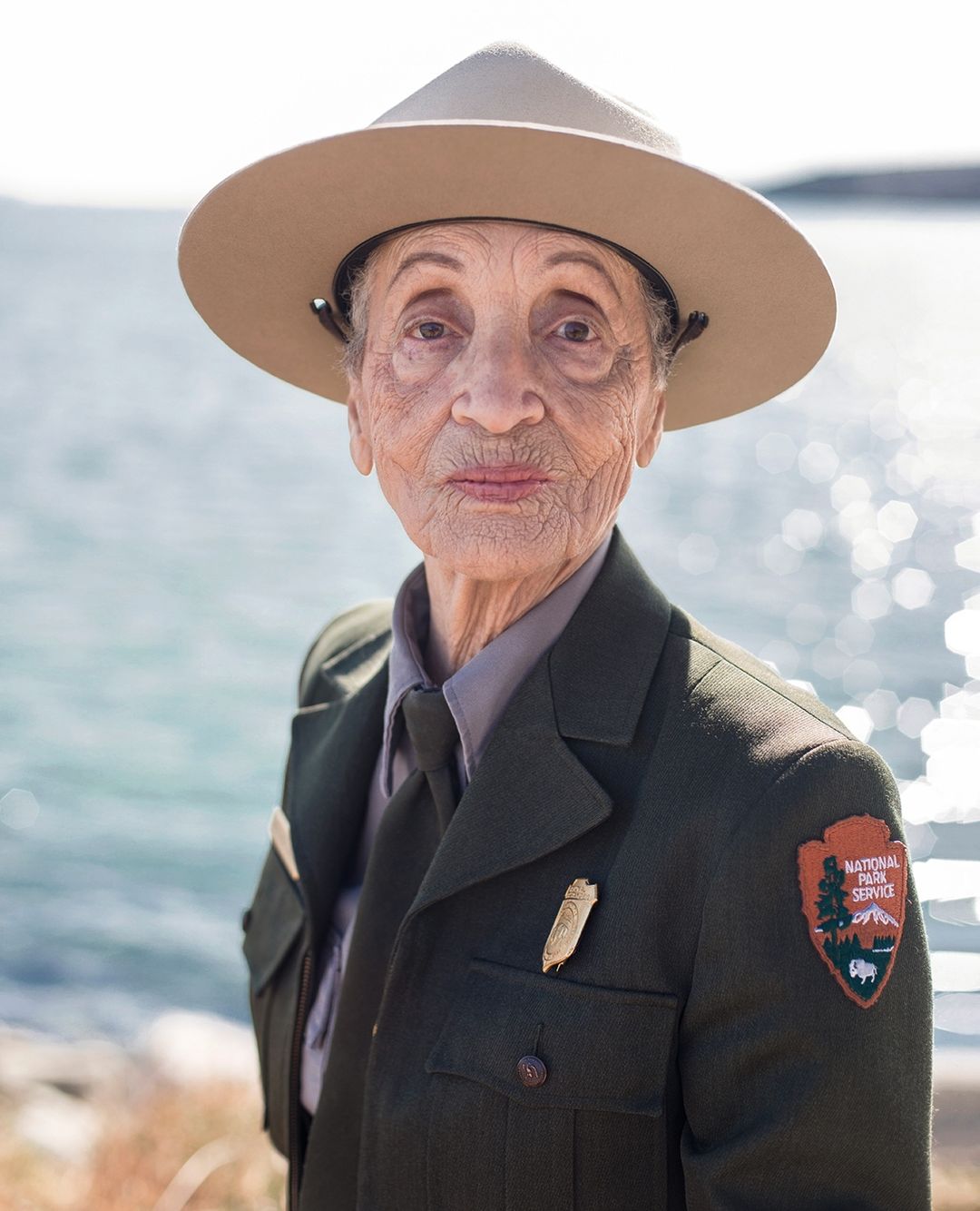I first learned about Betty Reid Soskin (above, in a photograph by Frederic Aranda for National Geographic Traveler) while visiting the Rosie the Riveter World War II Home Front National Historical Park in Richmond, California, as research for my third book, Flyboy: A Jane Benjamin Novel (coming November 2023).
The museum sits on the site of the original Kaiser Shipyard, where Liberty Ships were built in World War II. It’s been fascinating to explore the history not just of the role those ships played in the war, but the role women played in building them, especially in 1942, when a handful of white women first won their Boilermaker union cards, allowing them to work as welders on Liberty Ships, rather than in the lower-paying shipyard jobs.
While Rosie the Riveter is the now-iconic image of women’s contribution to the war effort, Soskin reminds us, “That really is a white woman’s story.” During World War II, Betty was only allowed membership in an all-Black auxiliary lodge of the Boilermakers union, limiting her to a shipyard clerk position.
Yet Betty’s story continued long past that chapter. She recently retired, at 100 years old, from service at that historical park, which she was pivotal in seeing to completion. She was the oldest National Park Ranger serving the United States.
In an interview with NPR, she says, “What gets remembered is a function of who’s in the room doing the remembering,” which makes it so gratifying to use history as the basis for mystery. More truth is revealed when you hear the stories of ALL the people in the room.
Find more in Betty’s memoir, Sign My Name to Freedom.

Leave A Comment